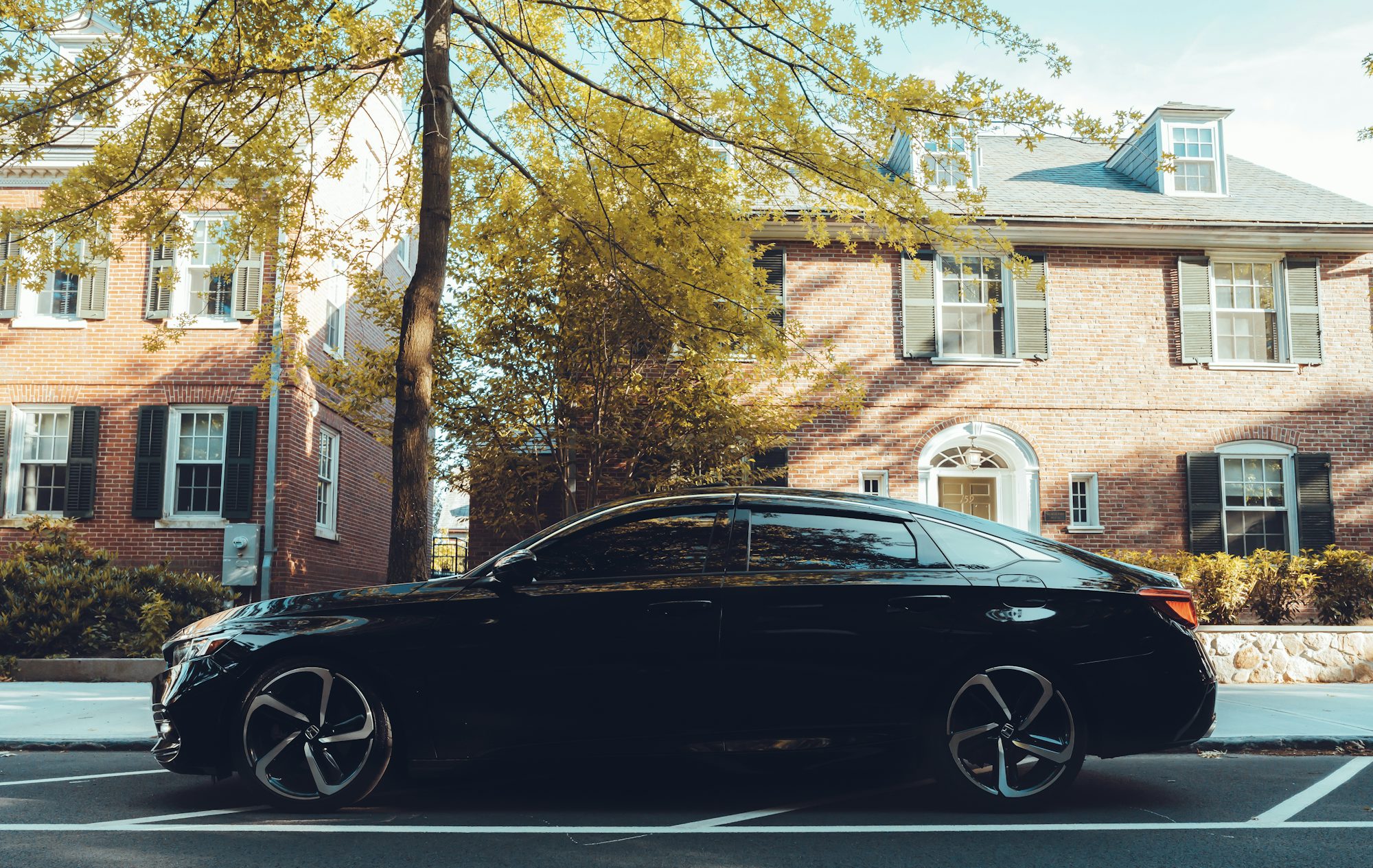Exploring the World of Luxury Cars: The Intersection of Performance and Prestige
This article delves into the world of luxury cars, highlighting the unique features, performance metrics, and the emotional appeal that drives consumers to choose these high-end vehicles.Luxury cars are often distinguished by their premium materials, superior craftsmanship, and attention to detail. Manufacturers invest considerable resources into the quality of materials used, from sumptuous leather interiors to exquisite wood trim and advanced technology. The tactile experience of a luxury car is designed to evoke a sense of opulence, creating an atmosphere that is both inviting and impressive. Every aspect, from the stitching on the seats to the layout of the dashboard, is meticulously crafted to offer an unparalleled experience for the driver and passengers.
Performance is another cornerstone of luxury vehicles. Many luxury brands are synonymous with high performance, boasting powerful engines and cutting-edge technology that enhance driving dynamics. These cars are engineered to provide exhilarating acceleration and smooth handling, making them a joy to drive. Brands such as BMW, Mercedes-Benz, and Audi emphasize performance in their design, often equipping their vehicles with advanced suspension systems, responsive steering, and state-of-the-art braking technology.
One of the key factors that set luxury cars apart from their non-luxury counterparts is the emphasis on advanced technology. High-end vehicles are often equipped with the latest infotainment systems, featuring intuitive interfaces, premium sound systems, and seamless smartphone integration. Driver assistance technologies, such as adaptive cruise control, lane-keeping assist, and parking assistance, are also common in luxury vehicles, enhancing both safety and convenience. This integration of technology creates a sophisticated driving environment that appeals to tech-savvy consumers.
Moreover, the performance of luxury cars is often measured not just in terms of speed but also in terms of comfort and ride quality. Many luxury manufacturers invest heavily in creating a serene cabin environment that minimizes road noise and vibrations. Features such as adaptive air suspension and sound-dampening materials contribute to a smoother ride, allowing occupants to enjoy a tranquil driving experience. This focus on comfort complements the performance aspect, ensuring that luxury vehicles deliver a well-rounded driving experience.
The emotional appeal of luxury cars cannot be understated. Owning a luxury vehicle is often seen as a status symbol, representing success and achievement. For many, the decision to purchase a luxury car is driven by a desire for recognition and the fulfillment of personal aspirations. The image associated with luxury brands is carefully curated through marketing campaigns that highlight exclusivity, elegance, and performance. Consumers are drawn to the lifestyle these brands represent, aspiring to be part of a community that values quality and sophistication.
In recent years, the luxury car market has also seen a shift towards sustainability. As environmental concerns gain traction, many luxury brands are investing in electric and hybrid vehicles. These eco-friendly options do not compromise on performance; in fact, electric vehicles can provide instant torque and acceleration that rivals traditional internal combustion engines. Brands like Tesla have redefined the luxury vehicle segment with their high-performance electric cars, demonstrating that sustainability and luxury can coexist.
Additionally, the rise of customizability in luxury cars allows consumers to personalize their vehicles to reflect their unique tastes and preferences. Many manufacturers offer bespoke options, allowing buyers to select everything from paint colors to interior materials and additional features. This level of customization adds to the emotional connection consumers feel towards their vehicles, making them not just a means of transportation but a reflection of their identity.
Furthermore, the global luxury car market is witnessing an increase in demand from emerging economies. As disposable incomes rise in countries such as China and India, more consumers are entering the luxury vehicle segment. Manufacturers are adapting to this trend by expanding their offerings and tailoring their marketing strategies to appeal to these new markets. The growing interest in luxury cars worldwide is prompting brands to innovate and invest in new technologies to stay competitive.
While luxury cars offer numerous advantages, they also come with their own set of challenges. The cost of ownership, including maintenance, insurance, and fuel, can be significantly higher than that of non-luxury vehicles. Additionally, luxury car owners must be mindful of depreciation, as high-end vehicles tend to lose value more rapidly in the first few years. However, for many consumers, the experience of driving a luxury vehicle outweighs these concerns, making it a worthwhile investment.
In conclusion, the world of luxury cars is a fascinating intersection of performance, prestige, and innovation. These vehicles represent the best of what the automotive industry has to offer, combining superior craftsmanship, advanced technology, and emotional appeal. As the market continues to evolve, embracing sustainability and customization, the allure of luxury cars remains strong. For many, owning a luxury vehicle is not just about transportation; it’s about experiencing the ultimate in driving pleasure and status. The journey of luxury cars is far from over, and as we look ahead, it promises to be as exciting as ever.
